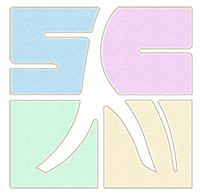
Abstract: Selecting the subject is the first step of life-writing. The choice of subject not only influences the success of a biography, but also reflects the life writer’s personality. Throughout the Chinese history, China’s traditional culture attaches importance to the consistency between a writer’s character and works and life writing is no exception.
After determining the subject, the second step is to collect, identify and select materials, of which obtaining the first-hand materials are most important. Life writing needs the self-evident history (fact) and requires life writers to be responsible for readers, the subject itself and history. Truth is the lifeblood of life writing. For this end, life writers have to develop “independent personality and free thought,” seek truth from facts, be faithful to facts, be frank to readers and elaborate on artistic and aesthetic quality of the works, so as to produce a life writing of artistic charm.
Key words: subject; first-hand materials; truth; artful and aesthetic quality
Pang Ruiyin is China’s first-grade writer, once bearing the title of young and middle-aged outstanding expert in Jiangsu Province. He receives special government allowance.
Pang published his debut works in 1957. Since then over 10-million Chinese characters of his works have come out. His 25 works include biographies such as Former Capital trilogy, An Aristocratic Family of Nanjing trilogy, Fight for the Throne, Zhou Enlai in His Early Years. Some of his representative works were compiled in his 8-volume works Collected Works of Pang Ruiyin. Zhou Enlai in His Early Years won the first prize in “Five One-Projects Award”. The Saga of Qinhuai , a Mont Zijin Literature Award winner, was selected by China’s National Library into the series Reading China: the Contemporary Chinese Literature.